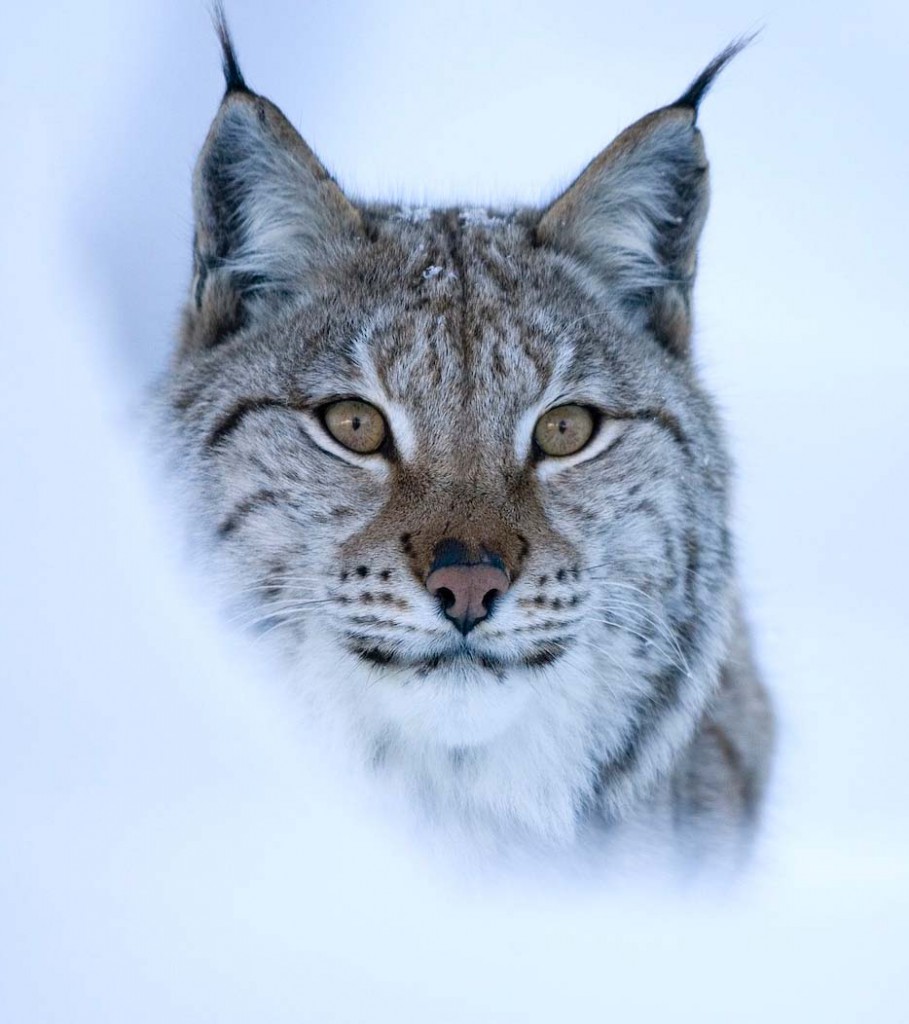Research by the Lynx UK Trust has shown that 91% of the UK public are in favour of a trial reintroduction of the lynx to the UK.
The survey, which was carried out in partnership with the University of Cumbria, consulted 9,000 people across the country and revealed “a huge weight of public support behind the reintroduction.”
Experts predict Scotland in particular would get a major economic and environmental benefit if the animals were to roam free for the first time in 1,300 years.

Campaigners say the Lynx would provide effective control of the deer population which would lead to forest regeneration and a boost to the entire national ecosystem.
Wildcat enthusiasts have also explained that the return of the wildcat could have huge benefits for the “eco-tourism” industry.
Dr Paul O’Donoghue, the Chief Scientific Advisor of the Lynx UK Trust, said: “This is by far the biggest survey of its kind ever carried out in the UK, with almost five times the feedback of the original beaver reintroduction survey in Scotland which recorded an 86% approval rating.”
“That led to government approval for the trial reintroduction, so we’re expecting to see a consistent response from Scottish Natural Heritage and hope for similar in England and Wales.
“The UK public have spoken; people overwhelmingly want these animals to be given the chance to come back and we’ve got an extremely capable team to deliver it.”
Success
Reintroduction attempts have already succeeded across Europe, and now environmentalists are hoping to replicate their success on British shores, with experts indicating that Scotland would be particularly suited to the experiment.
Steven Piper, Spokesman for the Lynx UK Trust, said that the terrain of the country would allow the animals to “wander around and find territories.”
He said: “In Scotland more than anywhere you’re going to feel the benefits, because they’re going to behave in a more natural way.”
Once common in the UK, the Eurasian Lynx was wiped out over 1,300 years ago by fur hunters.
Whilst the predator is expected to foil deer overpopulation, authorities say they will not act as a threat to livestock as the cat is an “ambush hunter” that prefers to avoid open terrain.
Growing to up to 130cm in length, lynx hunt a variety of species, ranging from rabbits to grouse and deer which currently have no natural predators in the UK.
The introduction of the lynx is also expected to yield a number of benefits to the human inhabitants of the country.
Benefits
Mr Piper said: “The Lynx is going to bring money out into the middle of nowhere, getting tourists travelling out to these places, as we’ve already seen happening in a lot of places in Germany.”
Dr O’Donoghue said: “We see the lynx as being a major economic driver in rural Scotland.”
He explained that the Trust are “working closely with SNH (Scottish Natural Heritage), hoping that they make the decision that is best for everyone.”
But he said: “Scottish government need to move more quickly to secure the eco-tourism benefits.”
He warned that if the government south of the border managed to implement schemes first then Scotland would fail to see the full benefit of the boon, which “could generate tens of millions of pounds.”